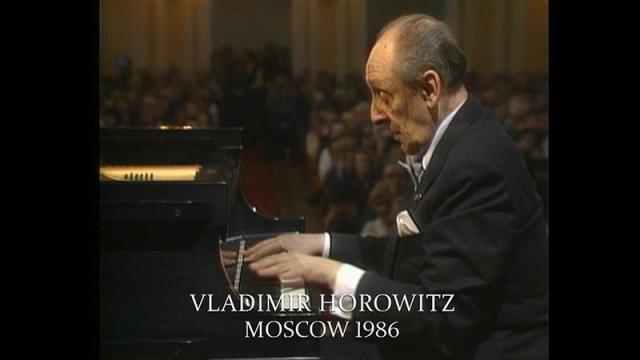New on-line: Horowitz in Moscow, 1986
mainIgnore the hype and the main talking head.
Just listen.
There’s expert commentary from Trifonov and Argerich. ‘Best Mazurkas ever,’ says Martha.


Ignore the hype and the main talking head.
Just listen.
There’s expert commentary from Trifonov and Argerich. ‘Best Mazurkas ever,’ says Martha.

Responding to Wigmore Hall’s withdrawal from its patronage,…

The leading Mexican conductor Enrique Batiz died yesterday…

We hear that two string players in the…

From the Santa Fe New Mexican: Charles MacKay,…

Session expired
Please log in again. The login page will open in a new tab. After logging in you can close it and return to this page.
Comments